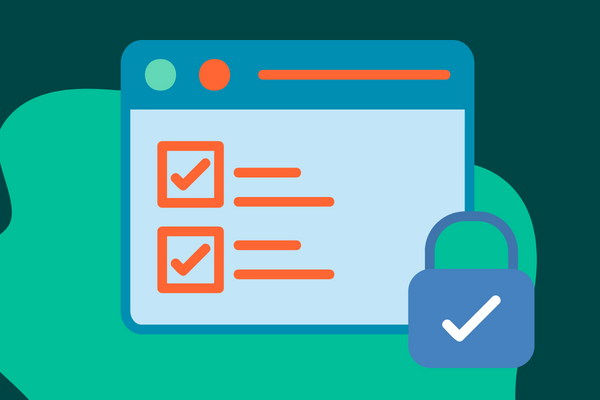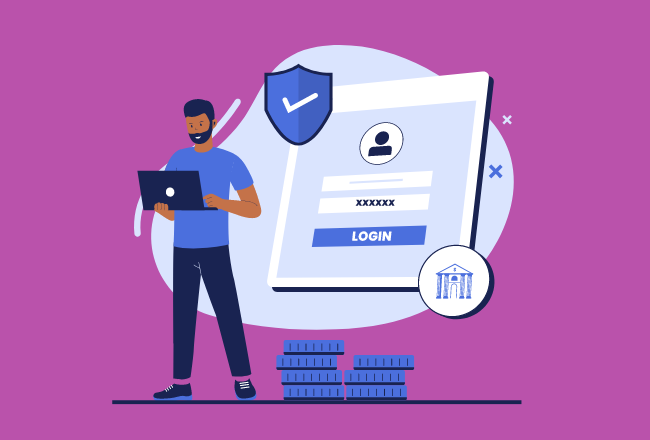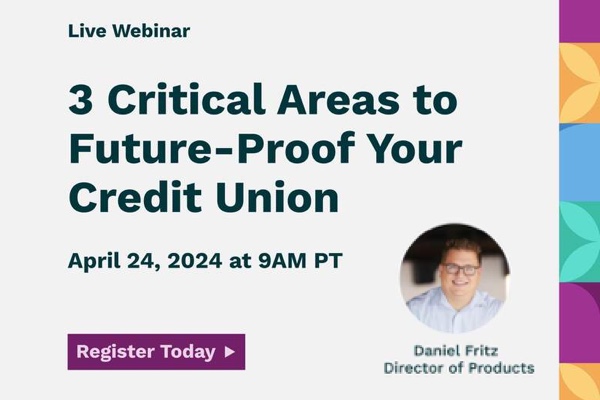
What Accounting Practices Need to Know About Data Security and Document Management Systems
Tax and accounting professionals are at significant risk for cyberattacks because they have the data hackers want. With information like names, social security numbers, financial data, and addresses, thieves can impersonate the victims and file fraudulent tax returns. Since large corporations with significant security systems are harder to attack, it makes smaller businesses the next target. These smaller businesses are usually less aware of cybersecurity risks and are easier to breach.
Understanding the Data Security Risks to Your Accounting Practice
One of the most important parts of data security is understanding the risks specific to your accounting practice. Review the flow of information you receive about and from your clients all the way through to when you are finished with the information and are ready to store it. Document as much as possible about how it is cared for and accessed. Consider things like where your data is stored. Is it online, off-line, locally, or in the cloud?
Identify all potential points of failure in your workflow, systems, or personnel. For example, if your business stores all vital information in only one place, what would happen if that access failed or was destroyed? Let’s say you have everything saved on an encrypted hard drive, but suddenly that computer is infected with ransomware—everything was lost. Could you recover the data from another secure, cloud-based backup? What happens if you can’t?
This also applies to people. Perhaps your bookkeeper is the only one who knows vital or sensitive information about a client. If that person leaves your company, how would you recover those details—or would that information just be lost?
Implementing Protective Measures
Accounting practices will continue to face stronger security and compliance scrutiny by clients and regulators in the future. A DMS that’s built with security and compliance in mind will offer the following measures:
- Encryption of data during transit and while at rest so no one can hijack your information and use it for malicious purposes.
- Controlled access to information so you can easily set granular permissions and allow access to files via only authenticated logins.
- Secure data backup using highly redundant replicated storage to ensure data availability.
- An activity log that automatically generates a time-stamped trail of all activities that happened in your document management system. This feature is a requirement from several industry-specific compliance regulations.
Protect Your Data with a Document Management System
Staying on top of your cybersecurity doesn’t have to take an arm and a leg. With the right DMS, you can rest assured that your most valuable information is safeguarded by the strongest security measures.
Download our latest whitepaper, How to Simplify Your Accounting Workflow and Increase Success with a Document Management System, to learn what your DMS should help you accomplish, as well as how you can ensure you’re choosing the right system for your business.
To see why over 2 million people trust SmartVault, contact us today for a 15-minute demo.




